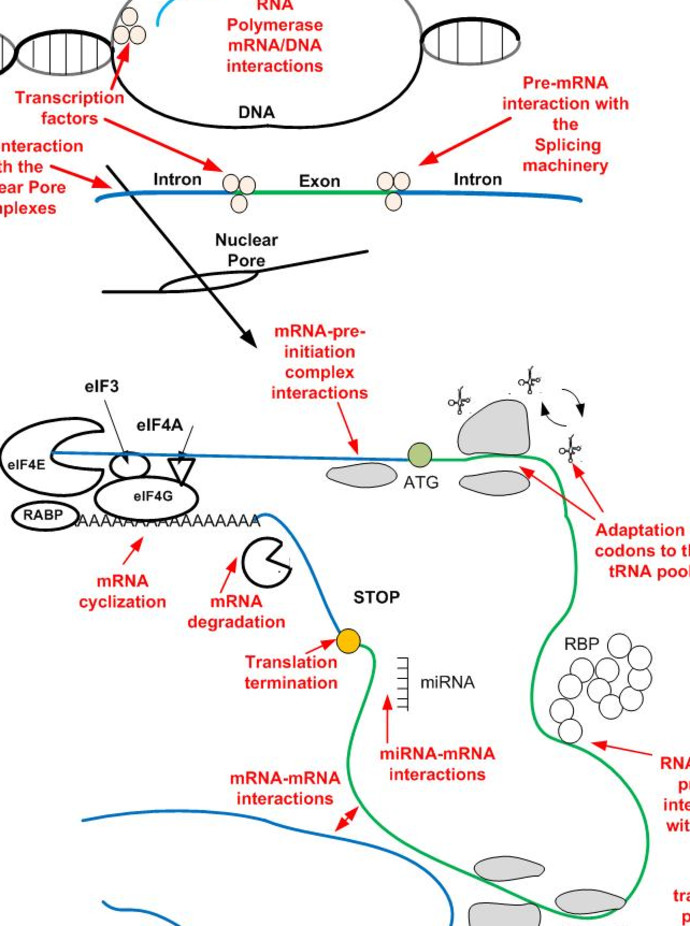A study combining biological ideas and new computer science tools has uncovered surprising associations between protein structure and genetic coding, which could potentially change the way researchers look at protein production in the ribosome – the cell’s “protein assembly line.”
The research, headed by Professor Alex Bronstein, Dr. Ailie Marx, and Ph.D. student Aviv Rosenberg, was published in Nature Communications.
The Technion research team has uncovered an association between the identity of the codon and the local structure of the translated protein, which suggests that this may not be the general case and that proteins may indeed “remember” the specific instructions from which they were synthesized.
The research team analyzed thousands of three-dimensional protein structures using specialized tools they developed, which combine advanced computer science methods, machine learning and statistics.
Using this technology, they accurately compared the distributions of angles formed in these structures under different synonymous genetic codes.

The findings show that for certain codons, there is a significant statistical dependence between the identity of the codon and the local structure of the protein, at the position of the amino acid encoded by that codon.
The researchers emphasize that the findings are still unable to shed light on the direction of the causal relationship, meaning that it is not yet possible to say for certain whether structural changes may cause different coding or if a change in genetic coding can cause a change in the local protein structure.
This question is being further researched by the group in a new study.
“If we find in subsequent research that the codon indeed has a causal effect on protein folding, this is likely to have a huge impact on our understanding of protein folding, as well as on future applications, such as engineering new proteins,” Dr. Marx said.
If we find in subsequent research that the codon indeed has a causal effect on protein folding, this is likely to have a huge impact on our understanding of protein folding, as well as on future applications, such as engineering new proteins
Dr. Ailie Marx
Proteins, the complex molecules that play critical roles in virtually every biological mechanism, are produced by ribosomes in a process called translation.
The ribosome decodes incoming “genetic instructions” to synthesize chains of amino acids – the building blocks of proteins. When amino acids are sequentially bound together into a long chain, they fold into a unique three-dimensional structure that grants the protein its biological properties and functionality. Errors in translation can lead to misfolding and subsequently physiological disorders, both mild and major.
Dr. Marx emphasizes that the discovery he and his team found would not have been possible without Prof. Bronstein’s computer and analysis skills.
“This research is truly interdisciplinary, because biology alone cannot cope with such vast quantities of data without the help of data science, and computer scientists cannot themselves perform research of this kind, since they lack familiarity with the complex biological processes being probed," Marx said.
"Therefore, our research highlights the huge advantage of interdisciplinary research that integrates skills from different fields to create a whole that is greater than the sum of its parts,” she added.
